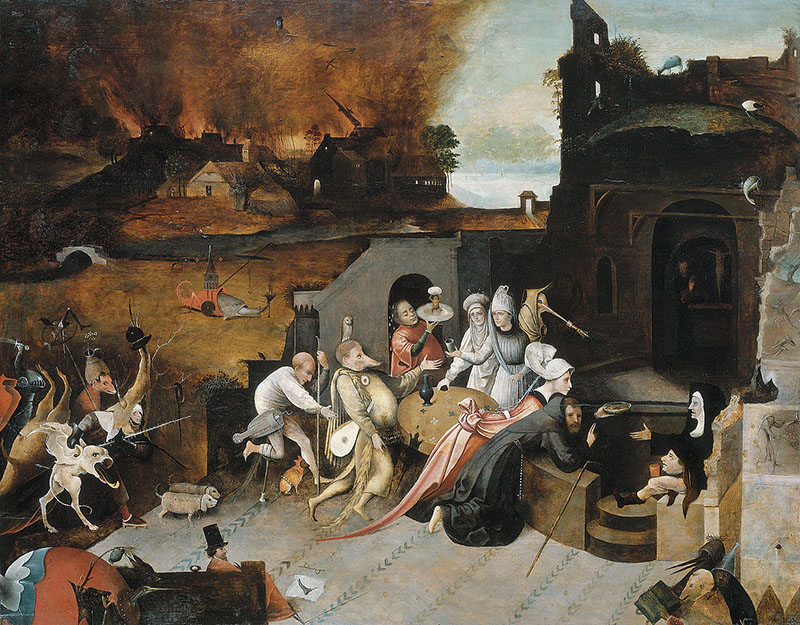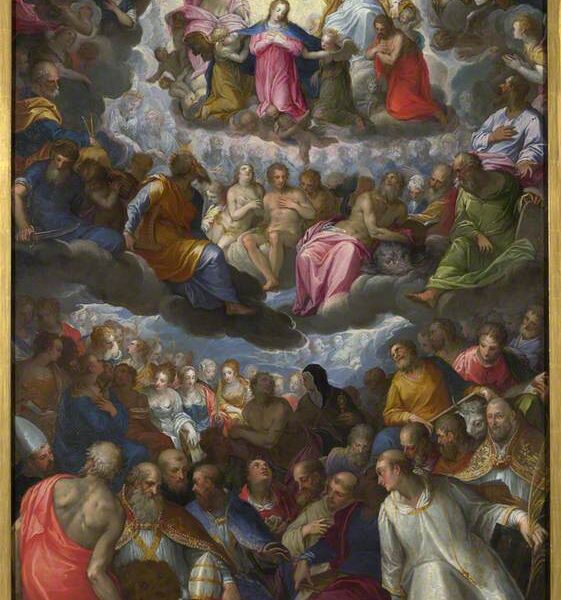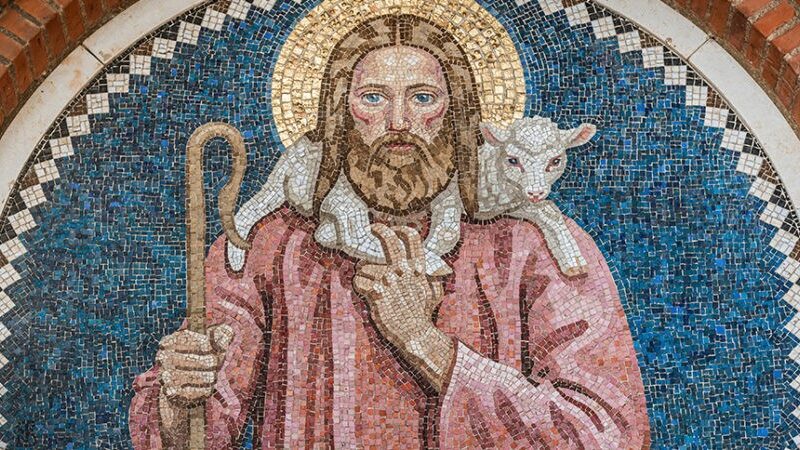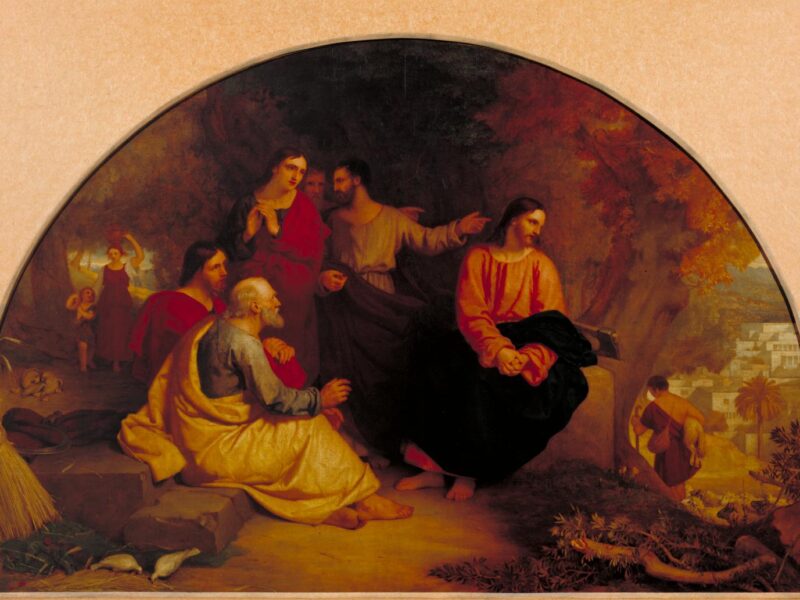
Consecrated LIfe: asceticism

Bosch, the temptation of saint Anthony
Asceticism refers to the practice of spiritual exercises like
fasting, praying or almsgiving, performed for religious motives. Its
object is generally the subordination of the self to the love of God.
Asceticism may be compared to a form of martyrdom. The early
Christian Church was indeed marked by the martyrdoms of the Apostles
and by several sorts of persecutions. The following of Christ was
equivalent to a self-detachment at the risk of death. It seems that,
when the Christian Church settled and became tolerated, especially
under the age of Constantine in early 4th century, the ideal of
martyrdom moved on to the ideal of asceticism, thanks to the figure
of Antony of Egypt. He is at the origin of asceticism as a feature
for consecrated life.
Asceticism is rooted in the words of Jesus himself: whoever does
not take up the cross and follow me is not worthy of me (Mt 10:38),
or in the precepts concerning almsgiving and fasting: when you give
alms, do not let your left hand know what your right hand is doing
(Mt 6:3) and when you fast, put oil on your head and wash your face
so that your fasting may be seen not by others but by your father who
is in secret (Mt 6:17-18). This gives the principles of asceticism,
which is the liberation necessary for an awakening of a true
Christian self-conscious.
Above all, asceticism should never be considerer as as end in
itself but rather as a tool to allow one to be fully receptive to the
Word and love of God, and ultimately to be configured to Christ; as
saint Paul says, it is no longer I who live, but it is Christ who
lives in me (Gal 2:20).
However, asceticism itself is a gift of God’s grace, who gives us
strength and prepares our heart to fully receive his love. By
practising ascetic exercises, we experience the need of God, his
mercy and the reward which he has destined to us. In that sense, the
beatitudes are guidelines for the ascetic life: blessed are the poor
in spirit, for theirs is the kingdom of heaven, … blessed are those
who hunger and thirst for righteousness, for they will be filled …
(Mt 5:1-12).
In taking on asceticism, consecrated people, as Benedict XVI said
in his homily on February, 2nd 2010, are called in a special way to
be witnesses of this mercy of the Lord. “Consecrated people
experience God’s grace, mercy and forgiveness not only for themselves
but also for their brothers and sisters since they are called to
carry in their hearts and prayers the anxieties and expectations of
human beings, especially those who are far from God. Cloistered
communities in particular, with their specific commitment to fidelity
in “being with the Lord”, in “standing beneath the
Cross”, often carry out this vicarious role, united to the
Christ of the Passion, taking upon themselves the suffering and
trials of others and offering all with joy for the salvation of the
world”. This highlights the paradox of asceticism: it is in the end
a matter of joy!


